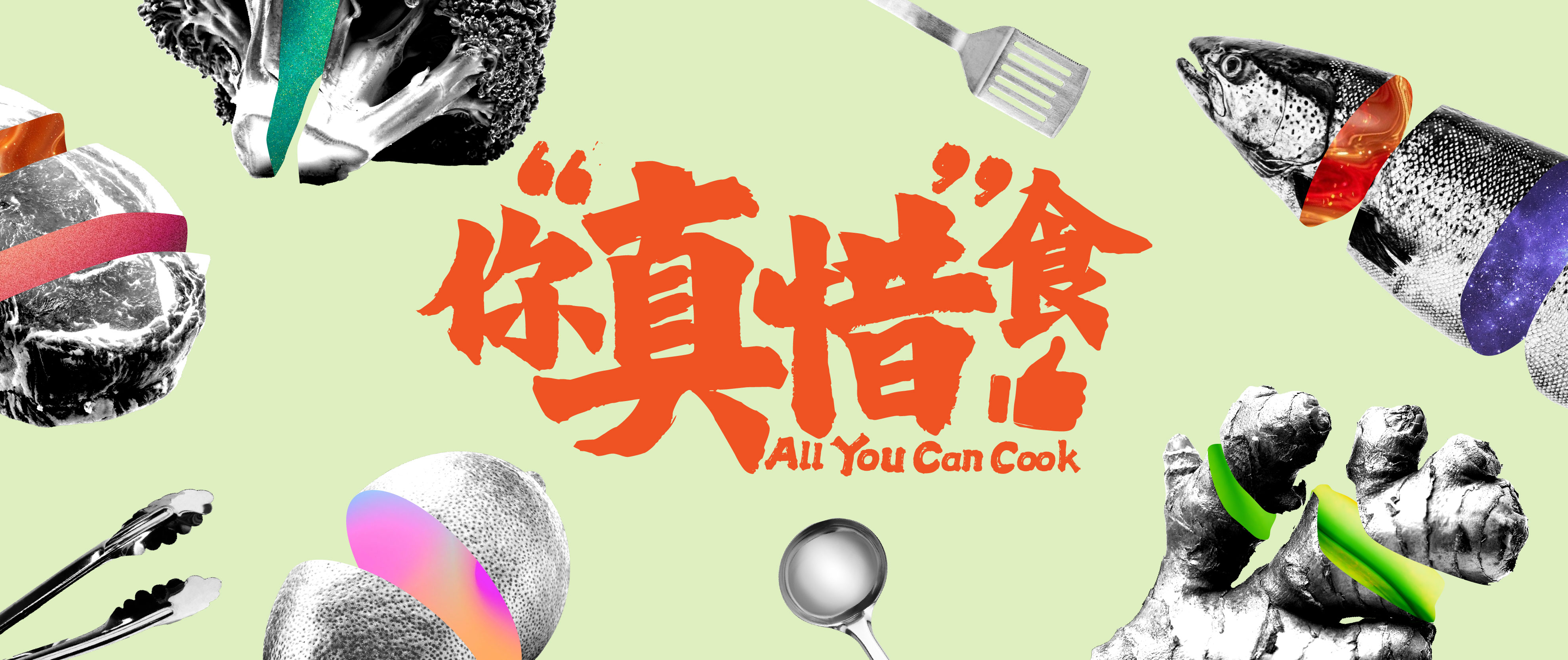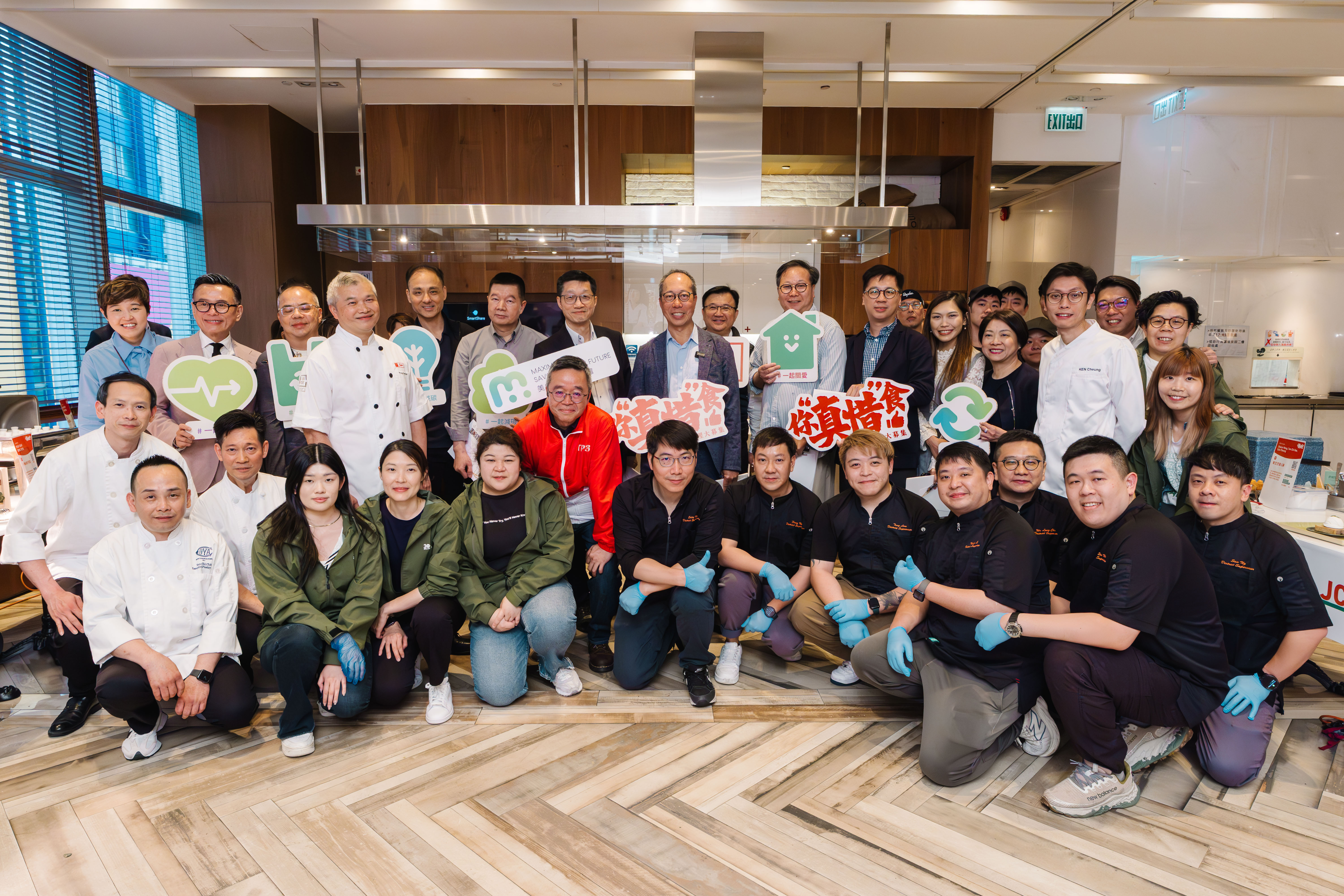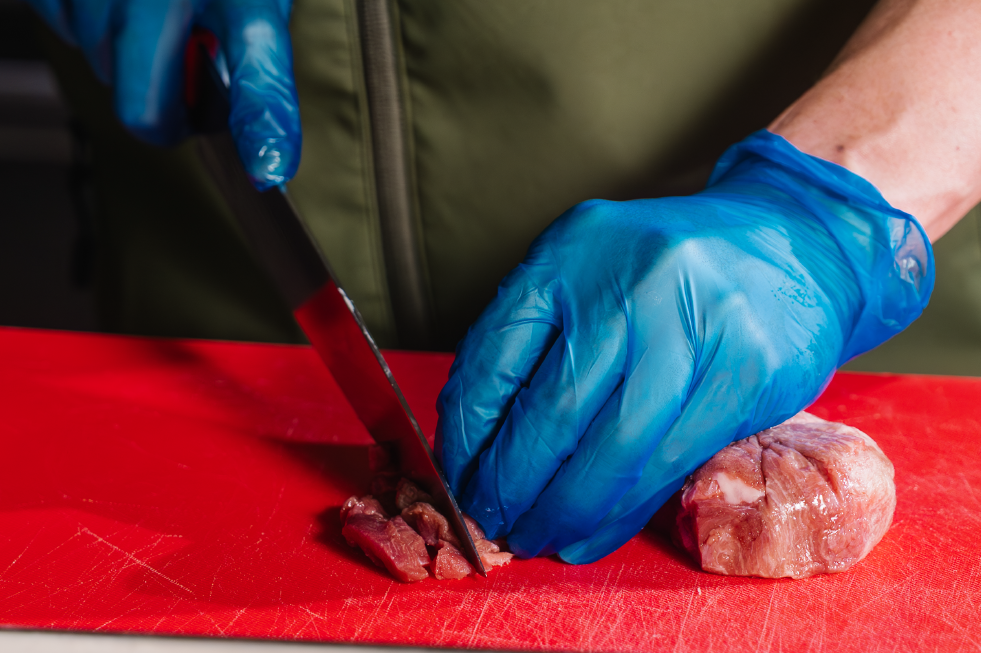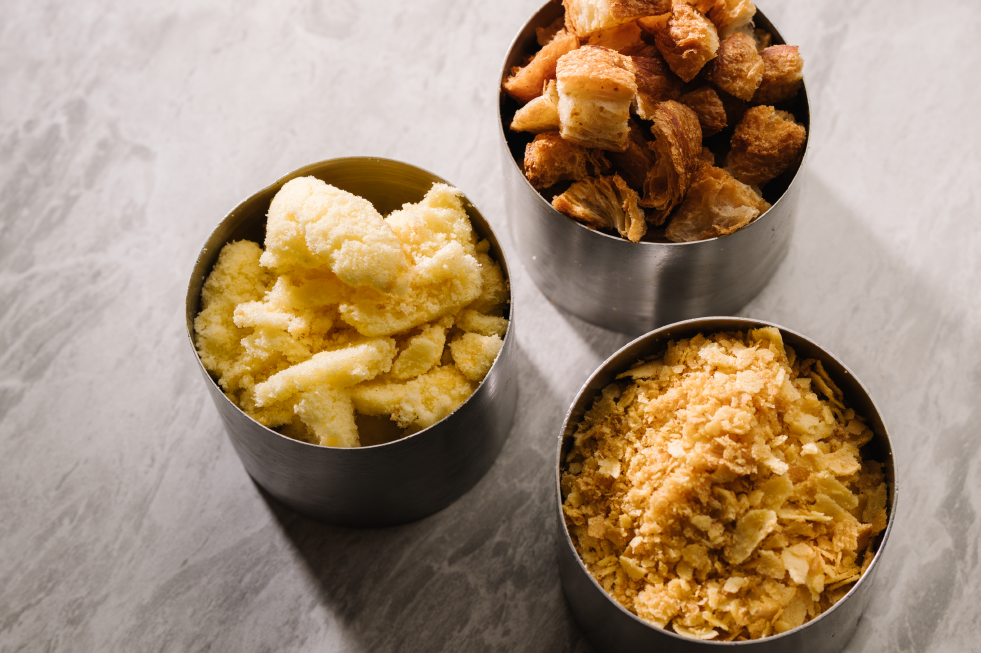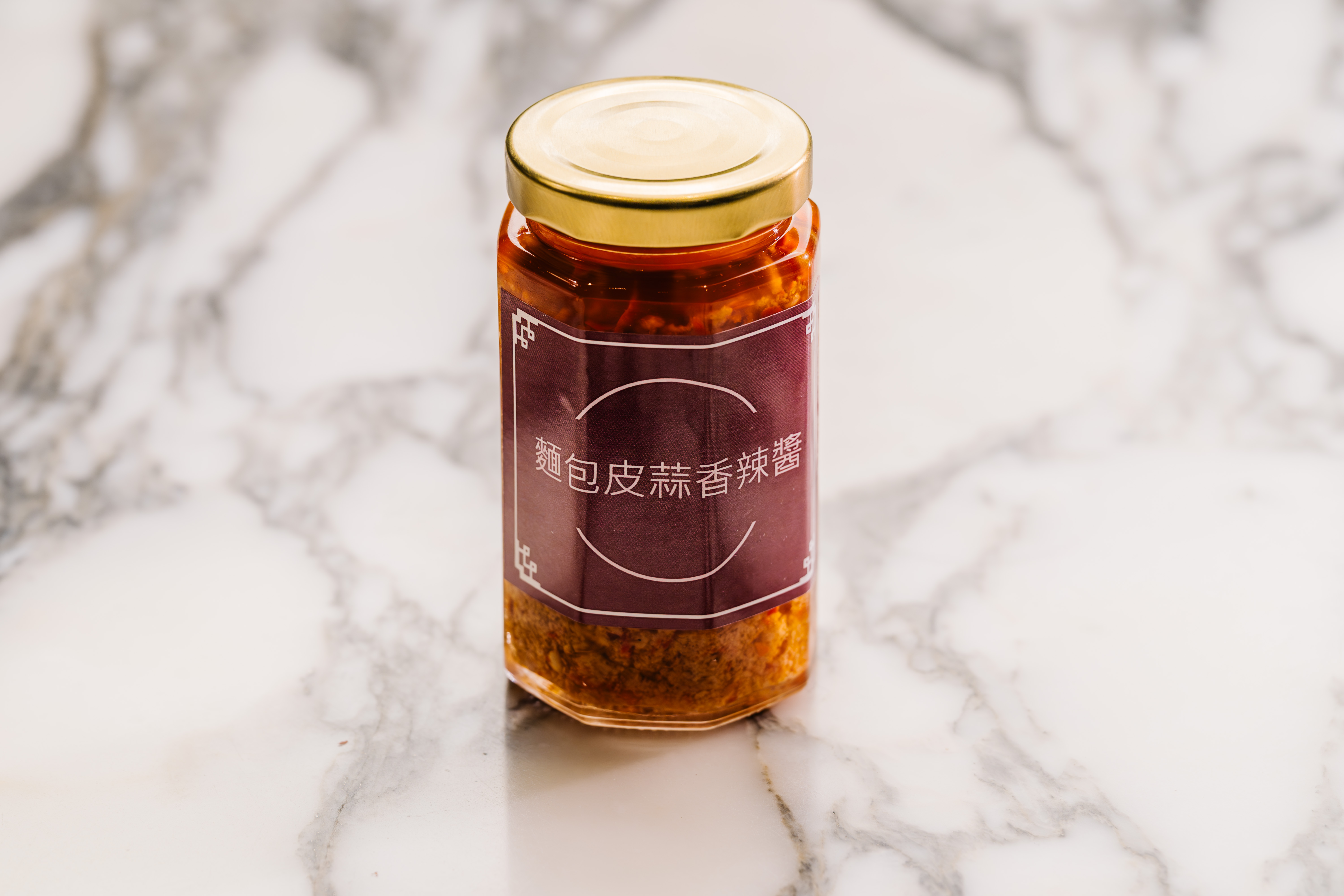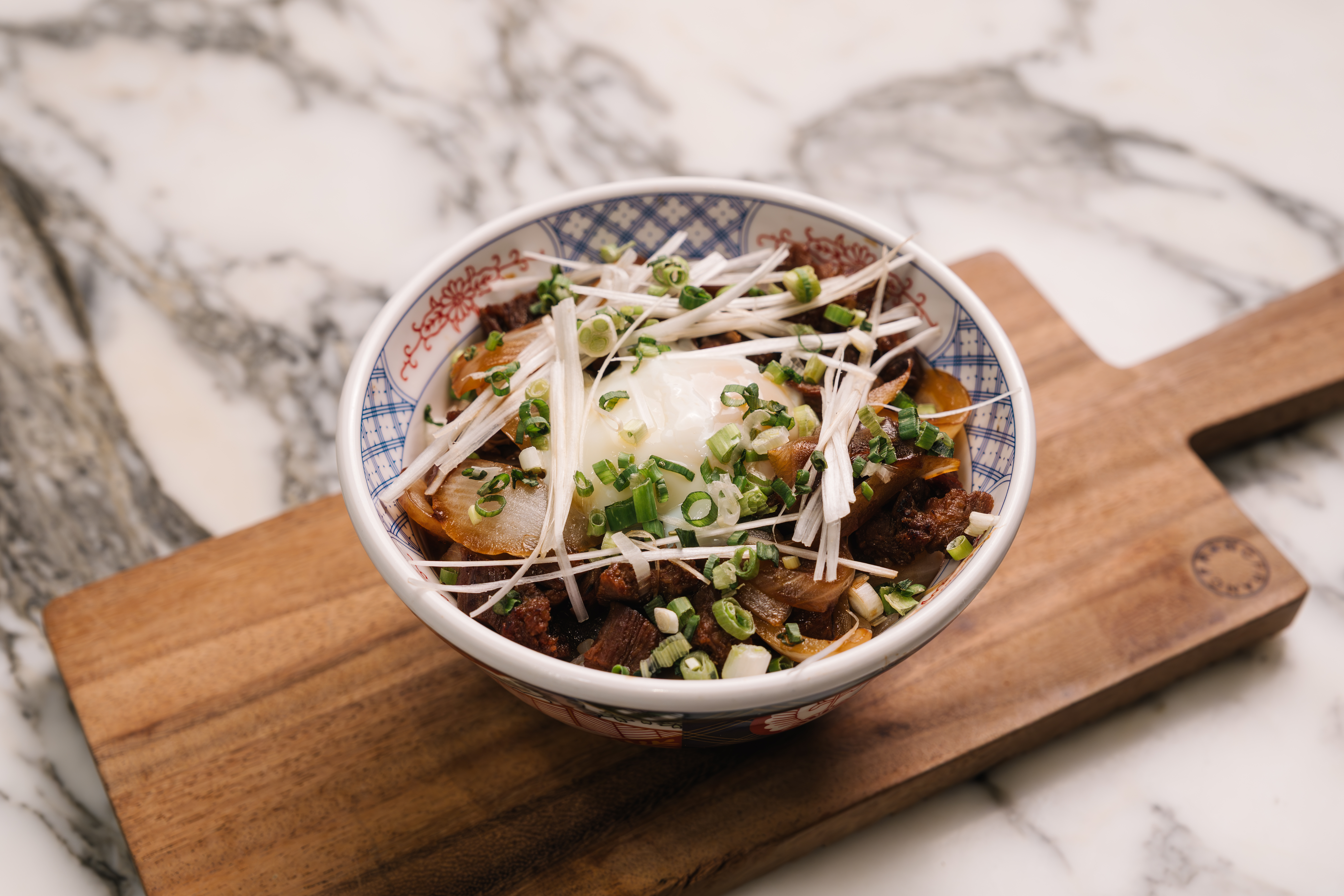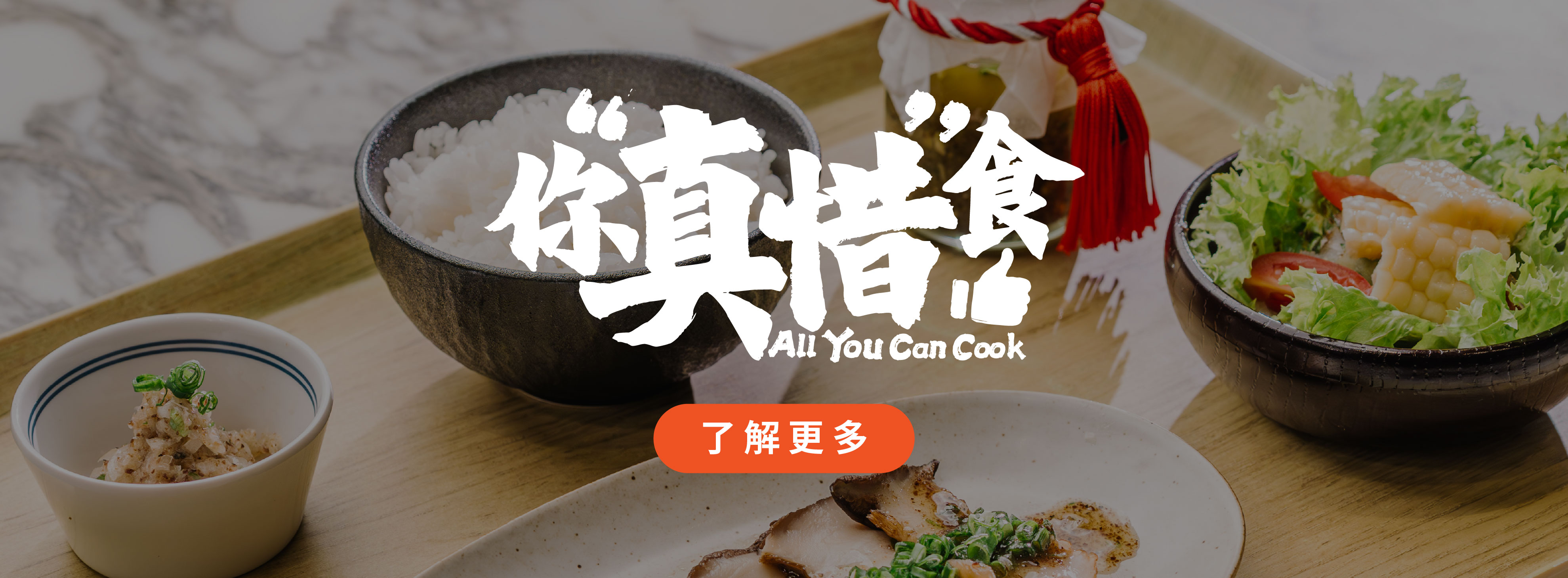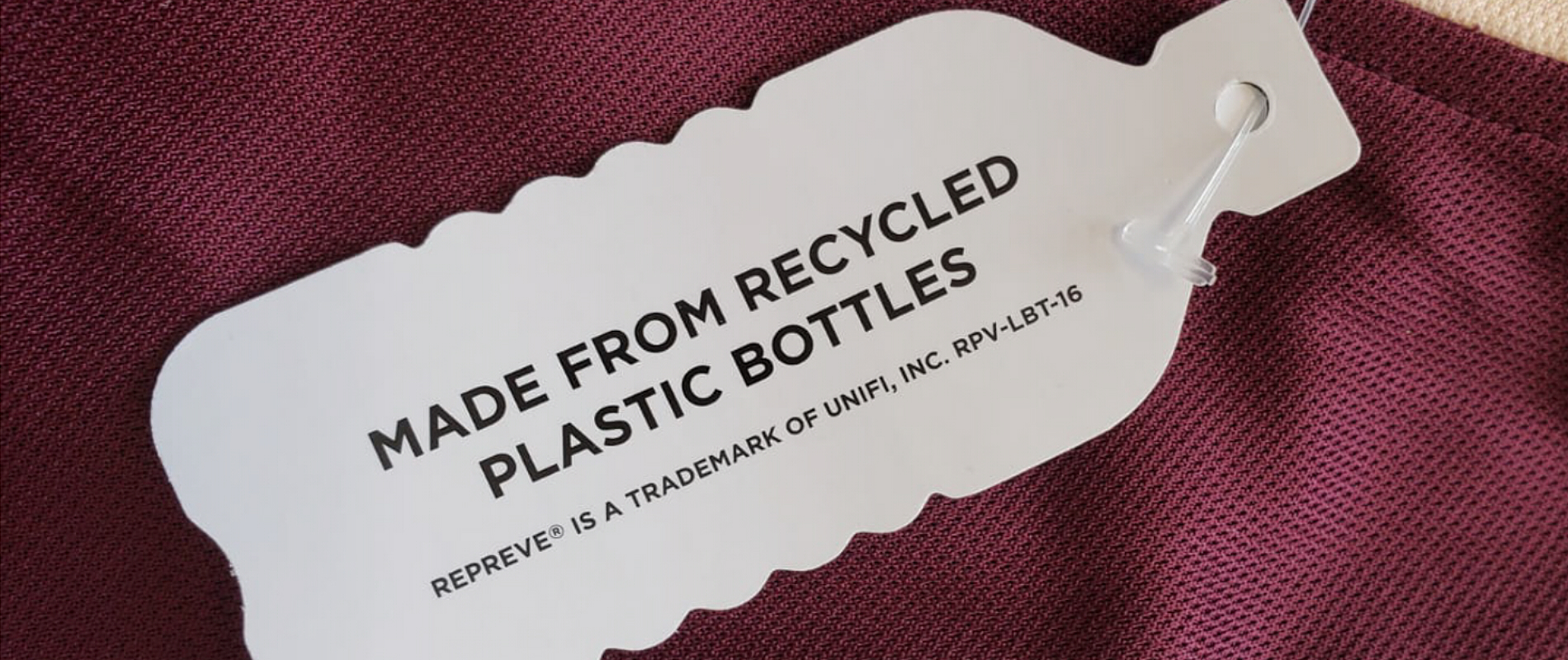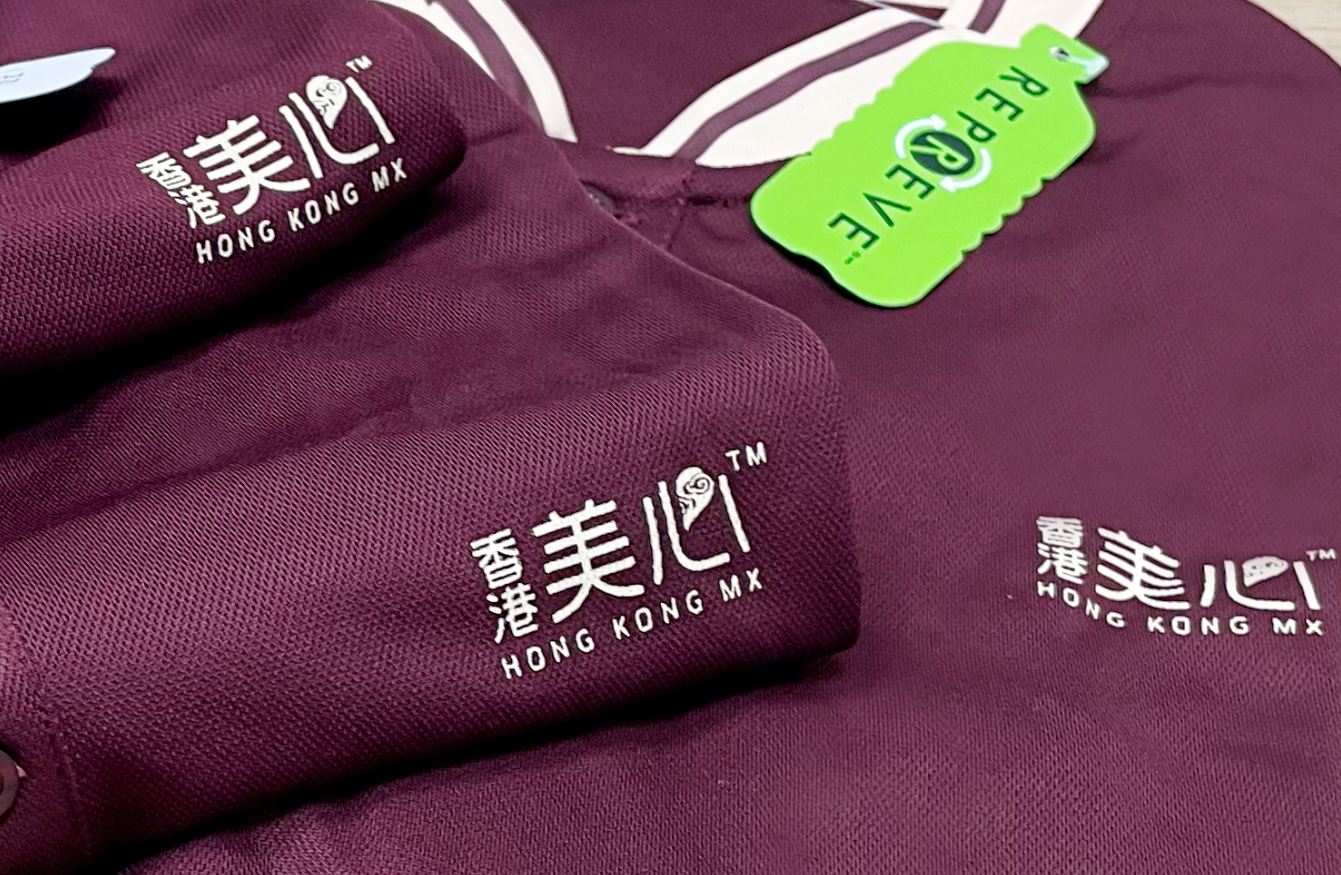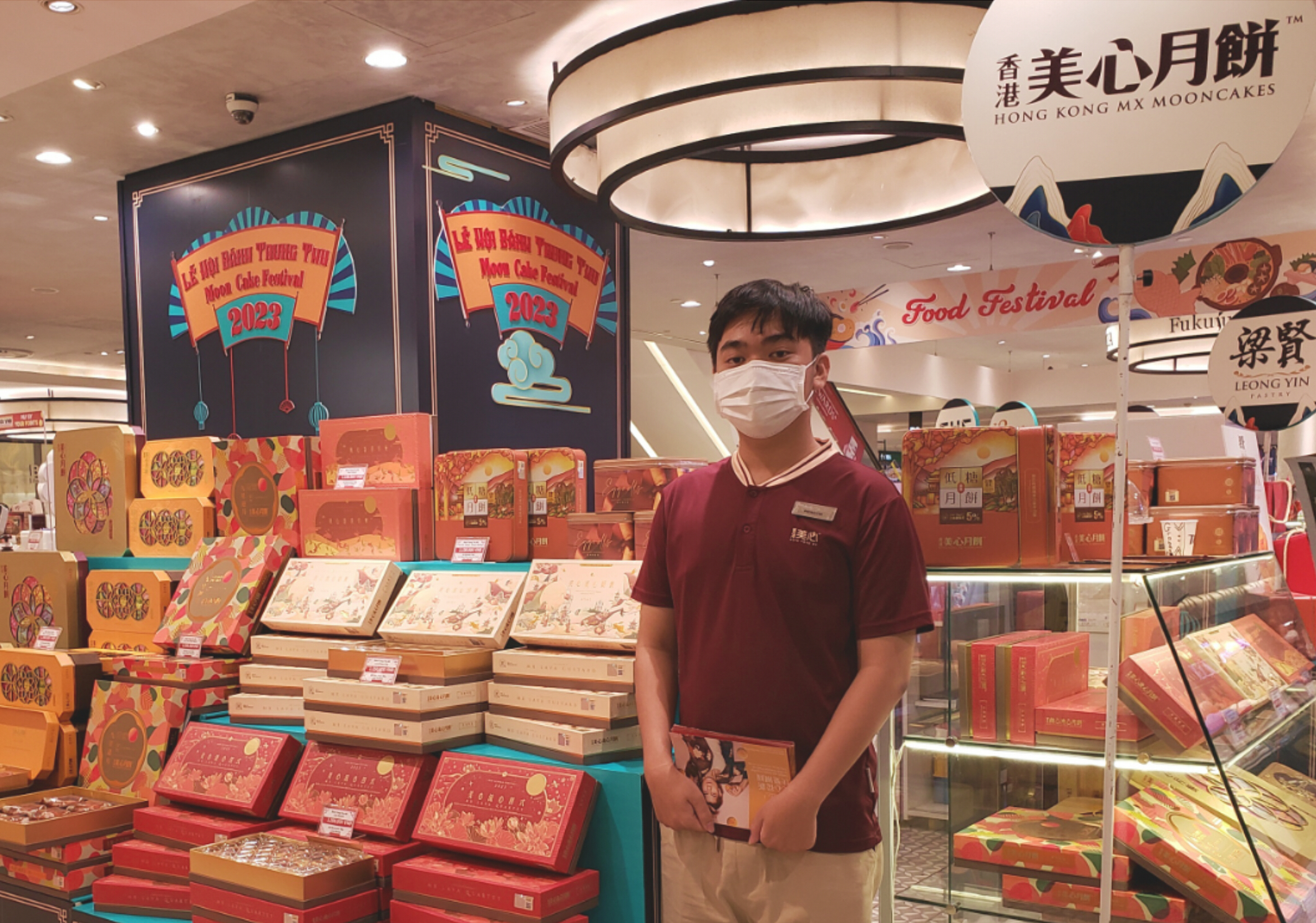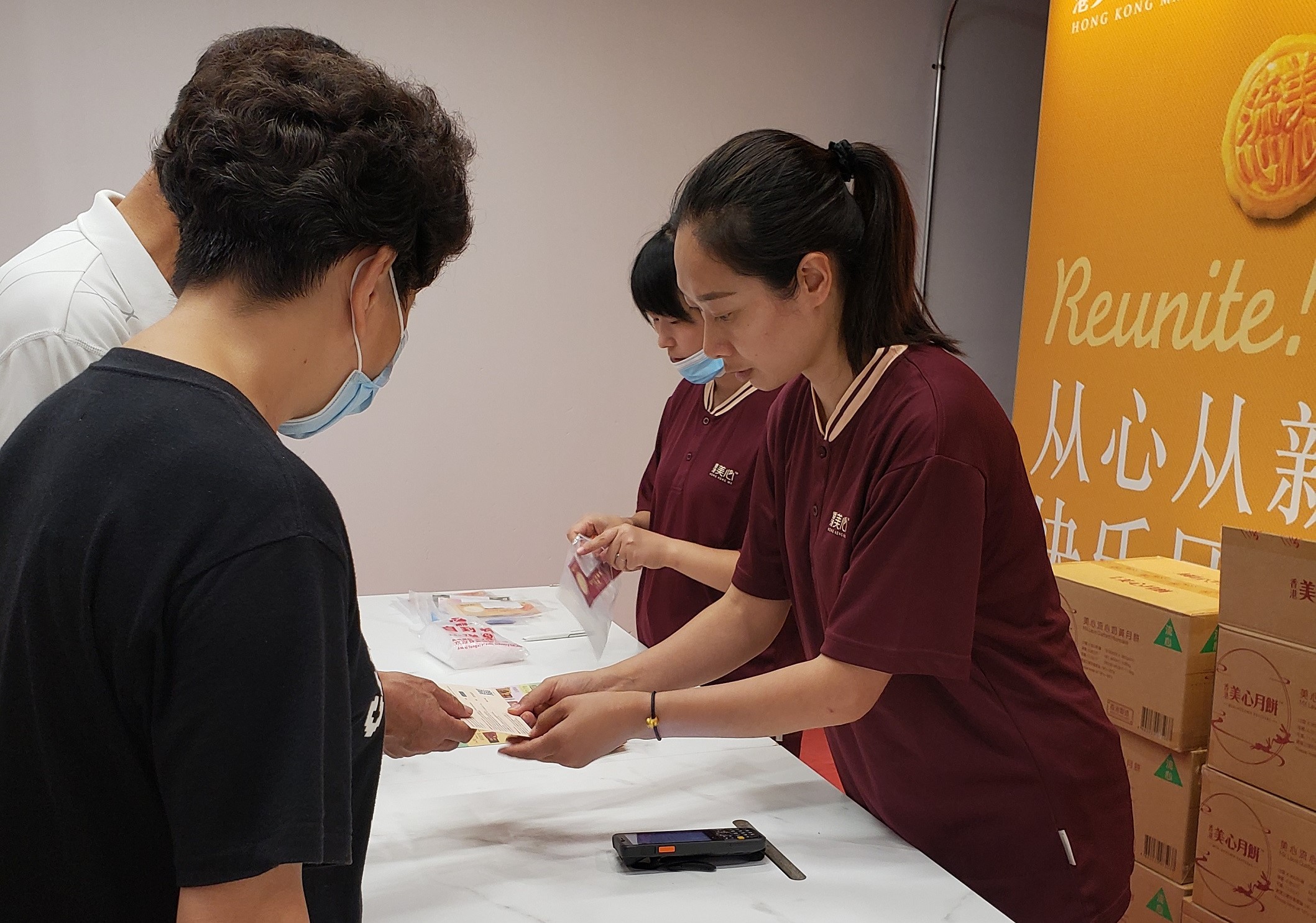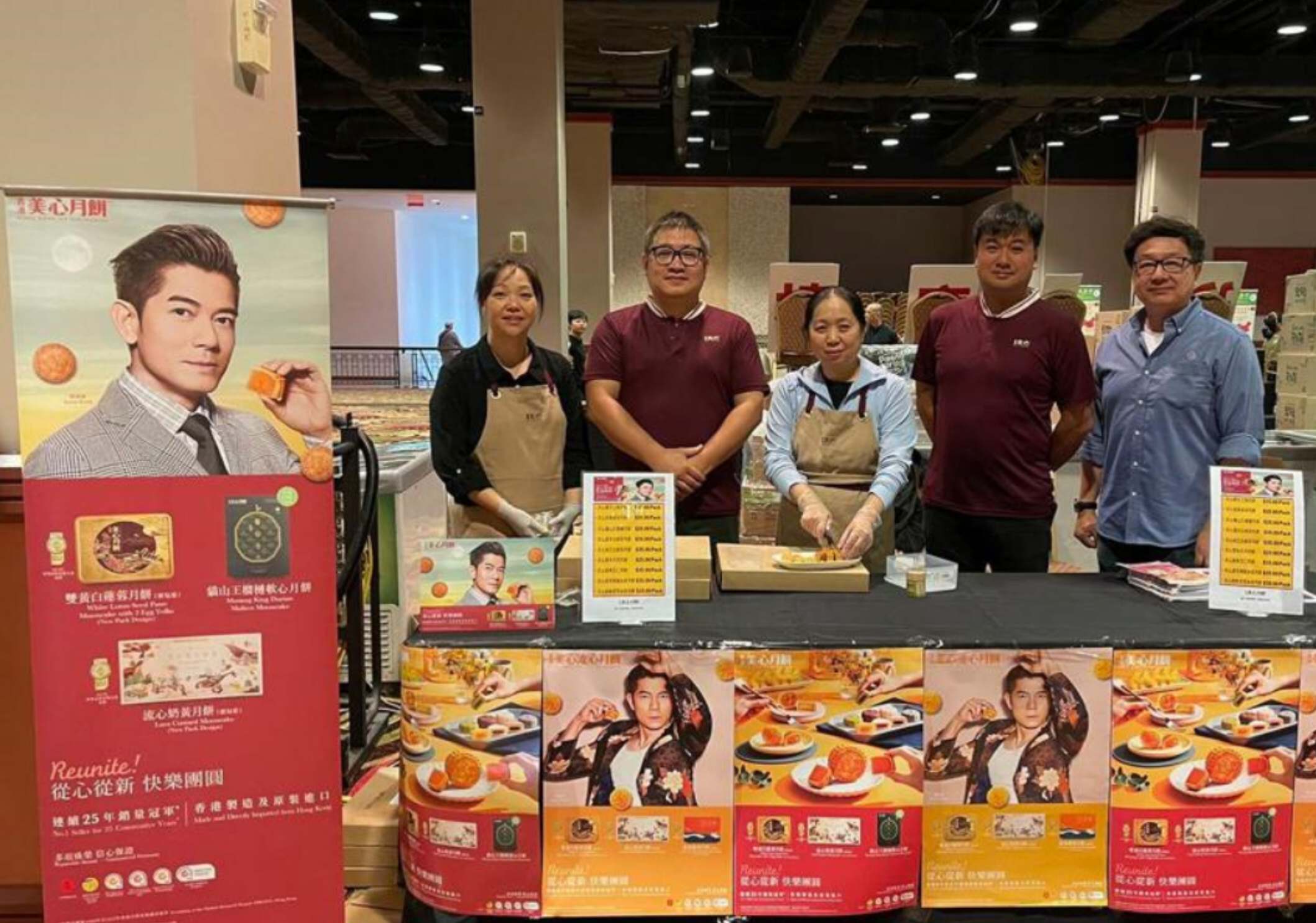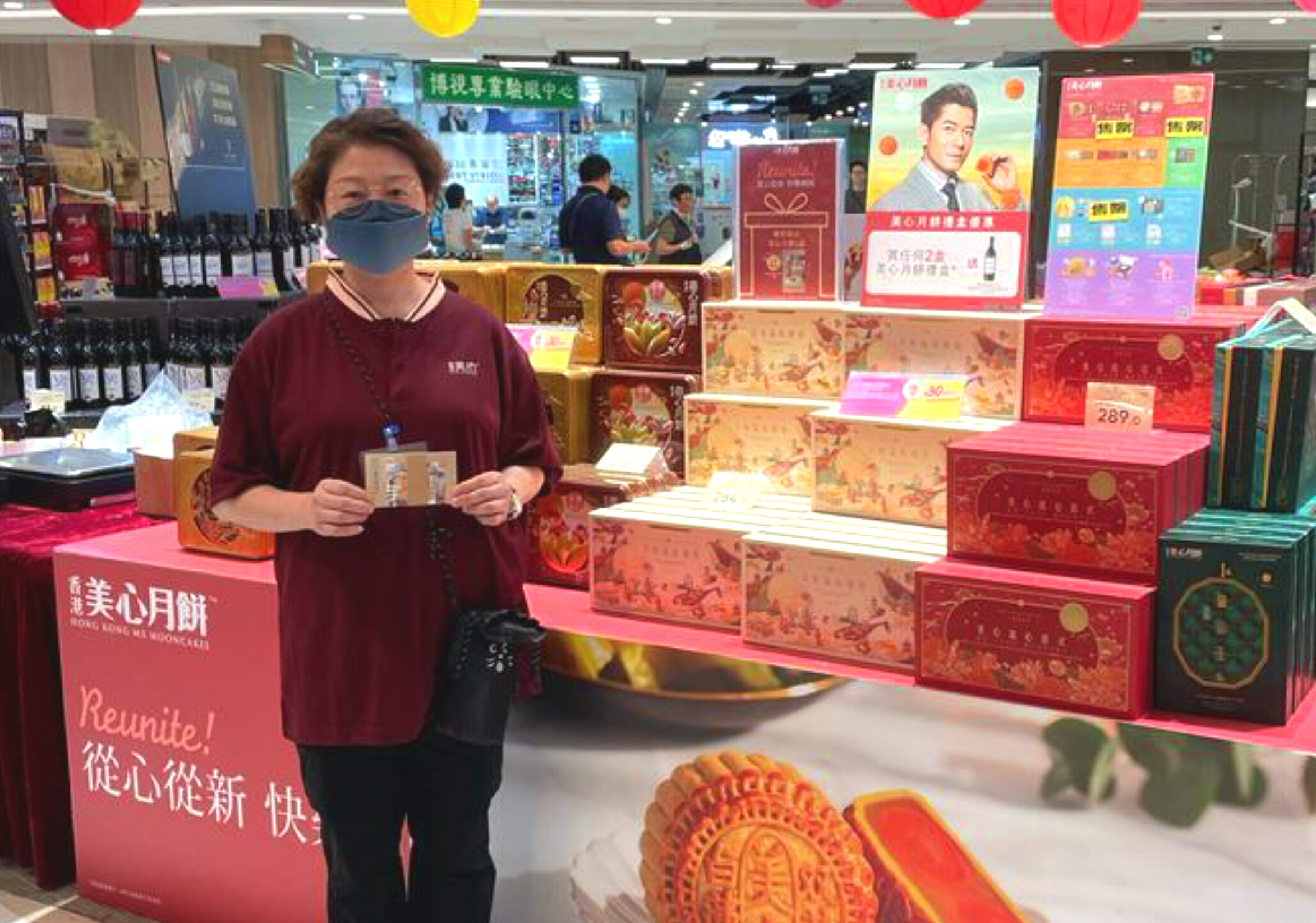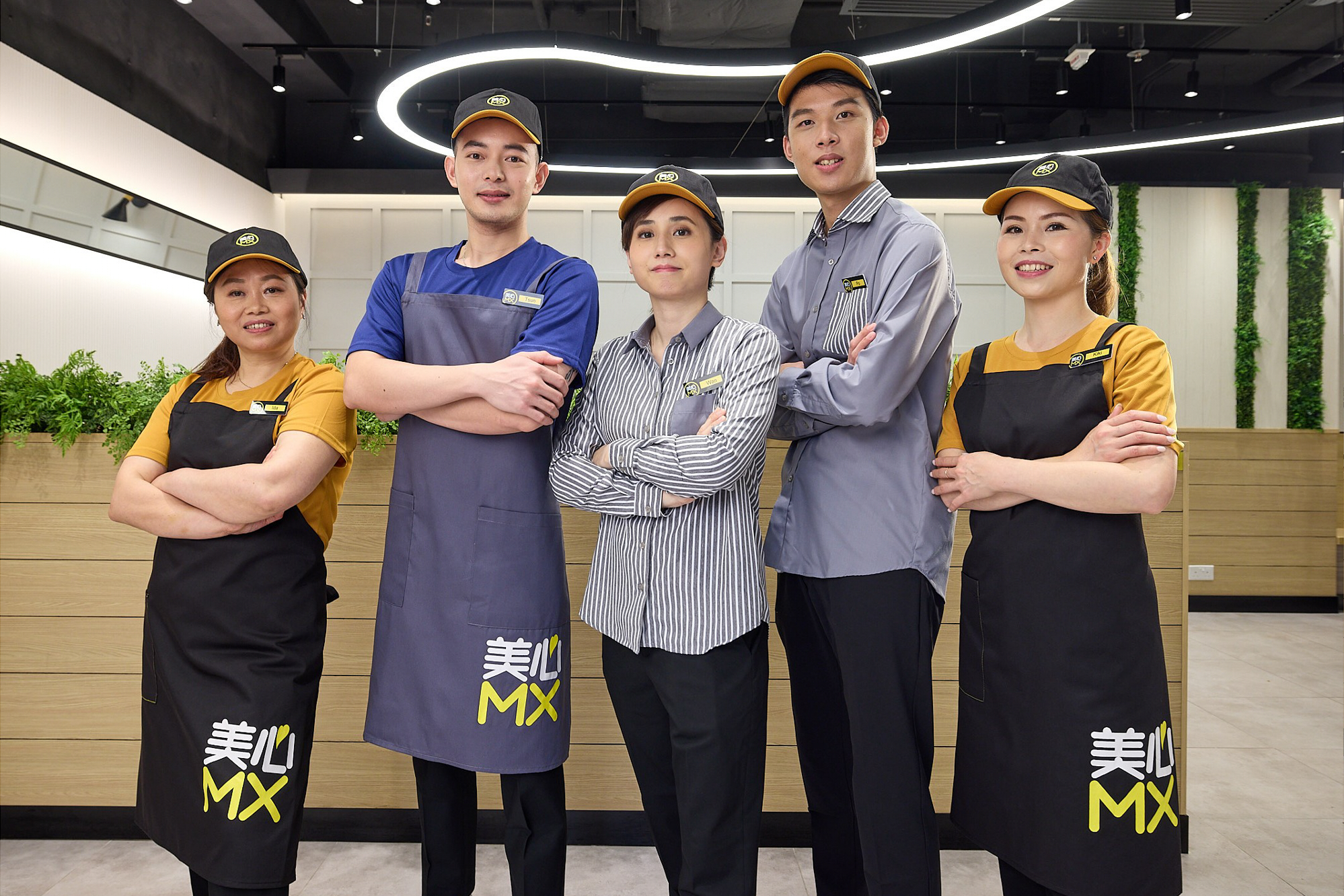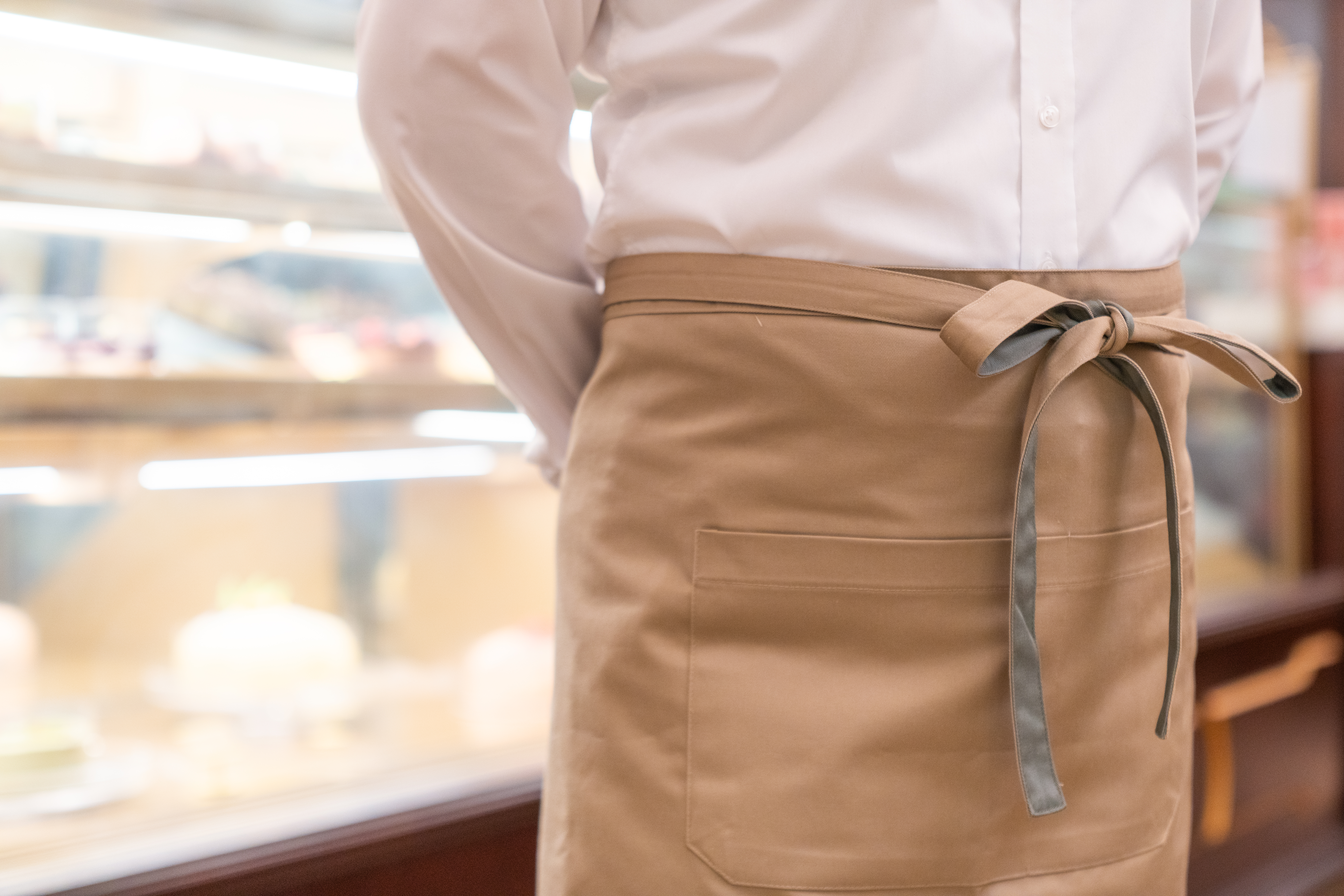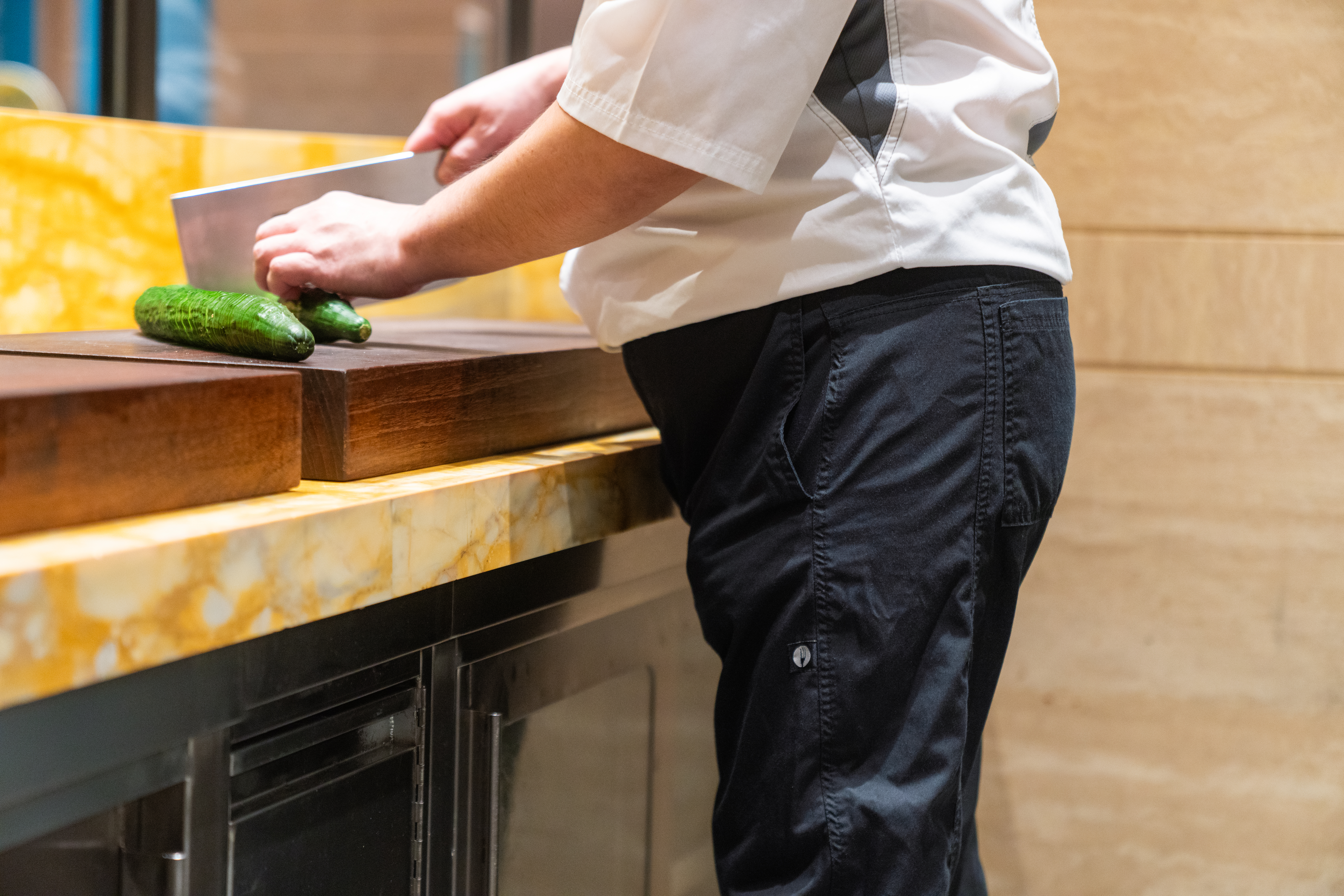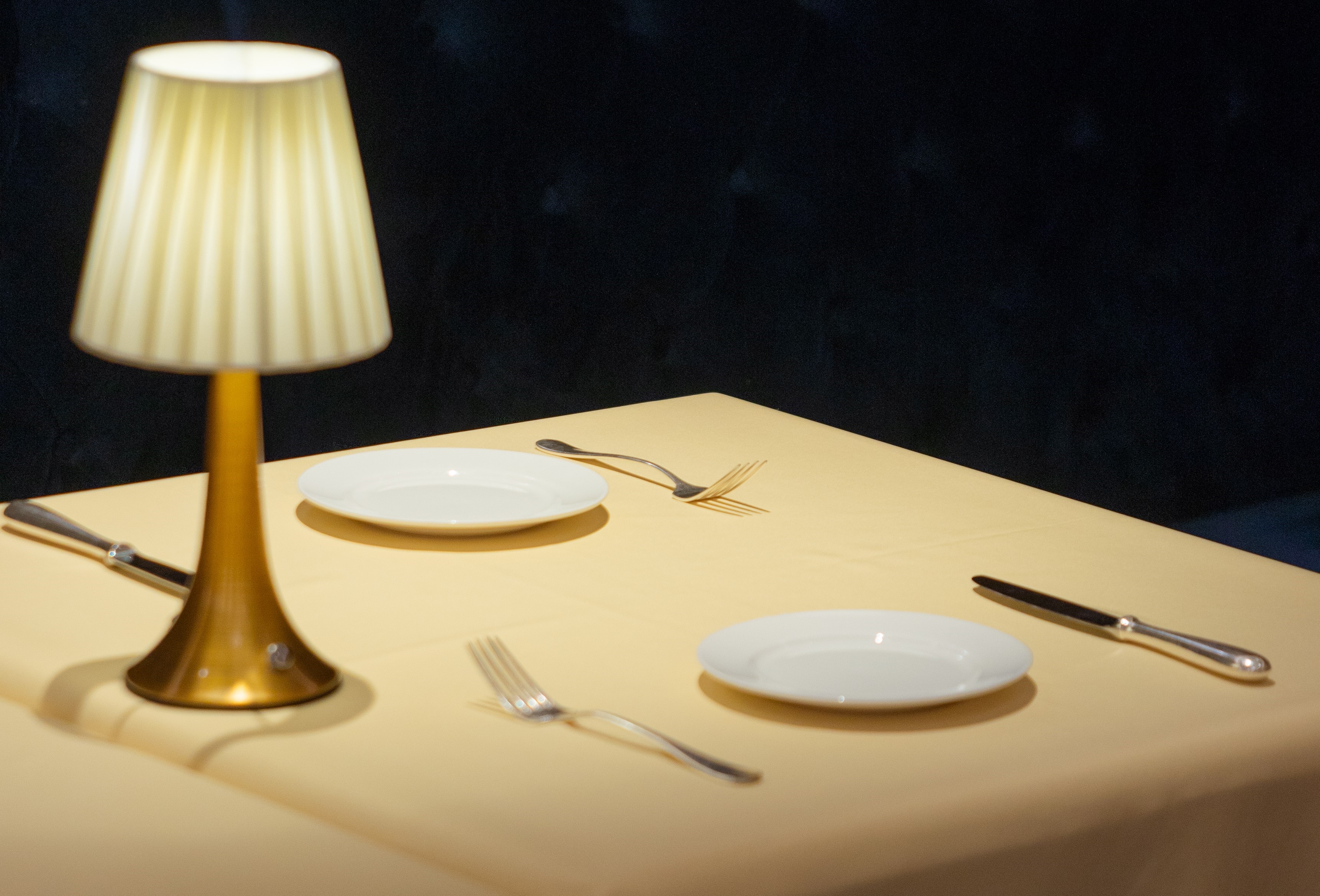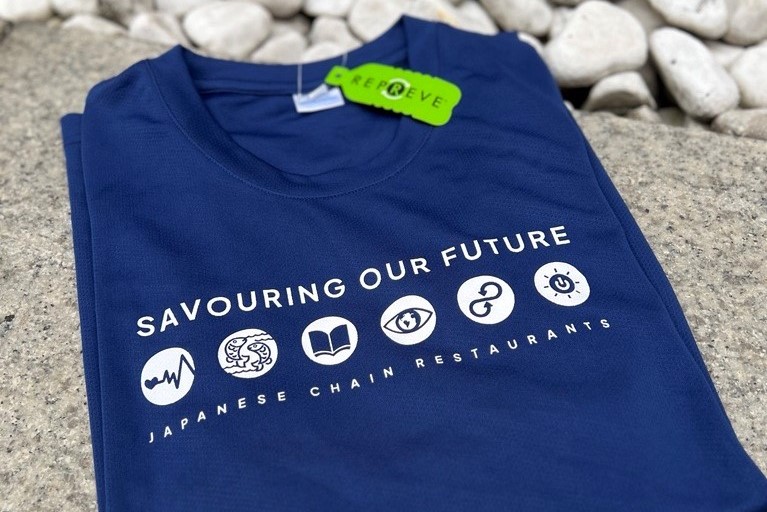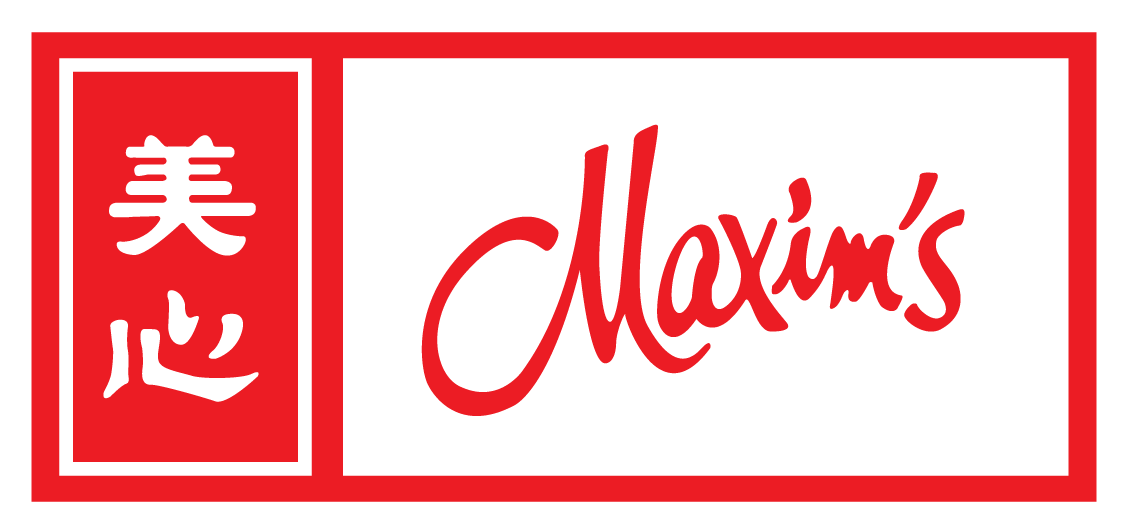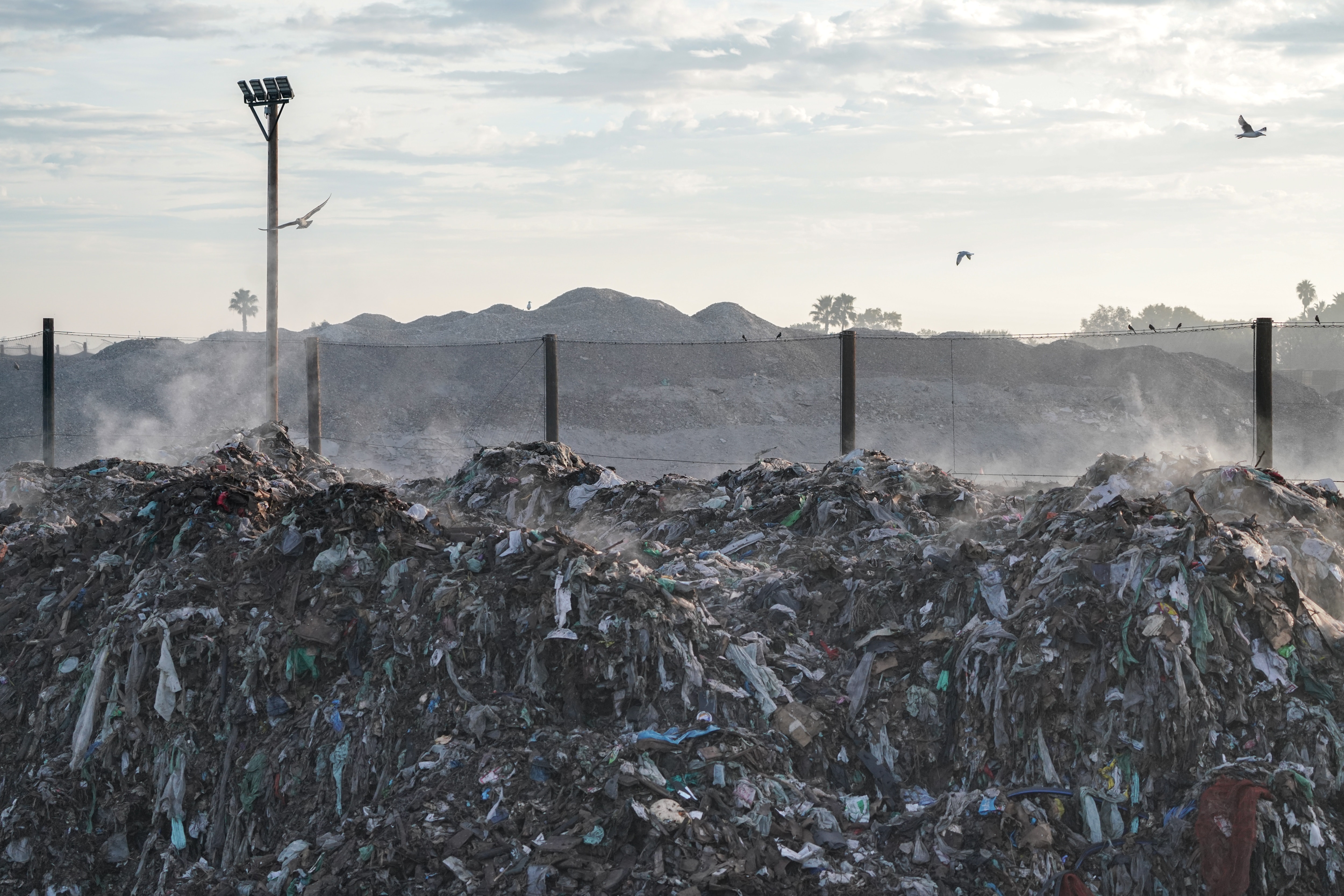
According to the Environmental Protection Department, 3,255 tonnes of food waste are disposed at landfills every day, accounting for one third of total municipal solid waste in Hong Kong. In addition to taking up valuable landfill space, its decomposition process also brings odour nuisance and releases methane, a greenhouse gas 84 times more potent than carbon dioxide—the harm brought by food waste is much greater than what’s usually assumed.
About 30% of the waste disposed at landfills every day is food waste, which releases a greenhouse gas more destructive than carbon dioxide: methane. Taking that into consideration, upcycling food waste into new products not only creates value, but also eases global warming.

In 2021, Maxim’s Group began to join hands with Breer, an award-winning local start-up founded by HKUST students, and launched the BOB (Bottle of Bread) label. The team replaces barley with surplus bread as an essential brewing ingredient, turning what would have been wasted into local craft beer. Over 2.6 tonnes of surplus bread have since been rescued.
Coffee grounds is one of the most common kinds of food waste produced by restaurants. Except for a tiny amount that is being recycled as a handicraft material, most of it is being thrown away to government food waste processing facilities or simply to landfills, like any other trash.
After months of testing and fine-tuning, Maxim’s Group successfully turned the grounds collected from its restaurants into a beer brewing ingredient, and launched “Coffee BOB”, the second BOB product. While the Original BOB pale ale has a delightful citrus note, the new beer is a stout with more robust flavors brought by coffee grounds added during the brewing process, with each bottle containing 4 grams of grounds. The intertwining dark chocolate notes and roasty flavors bring forth a delicate balance between sweetness and bitterness.
To ensure freshness and avoid exposure to humidity, sunlight, dust and germs, surplus breads would be sent to a cold room as soon as they are collected and be used in brewing the next day. Moreover, the high temperature produced during the brewing is enough to kill off any left-over germs, making sure every bottle is absolutely safe and tasty.
The Original BOB and the Coffee BOB contain 25 grams and 15 grams of surplus bread respectively, while the latter also contains 4 grams of coffee grounds. Barley is entirely replaced as a brewing ingredient.
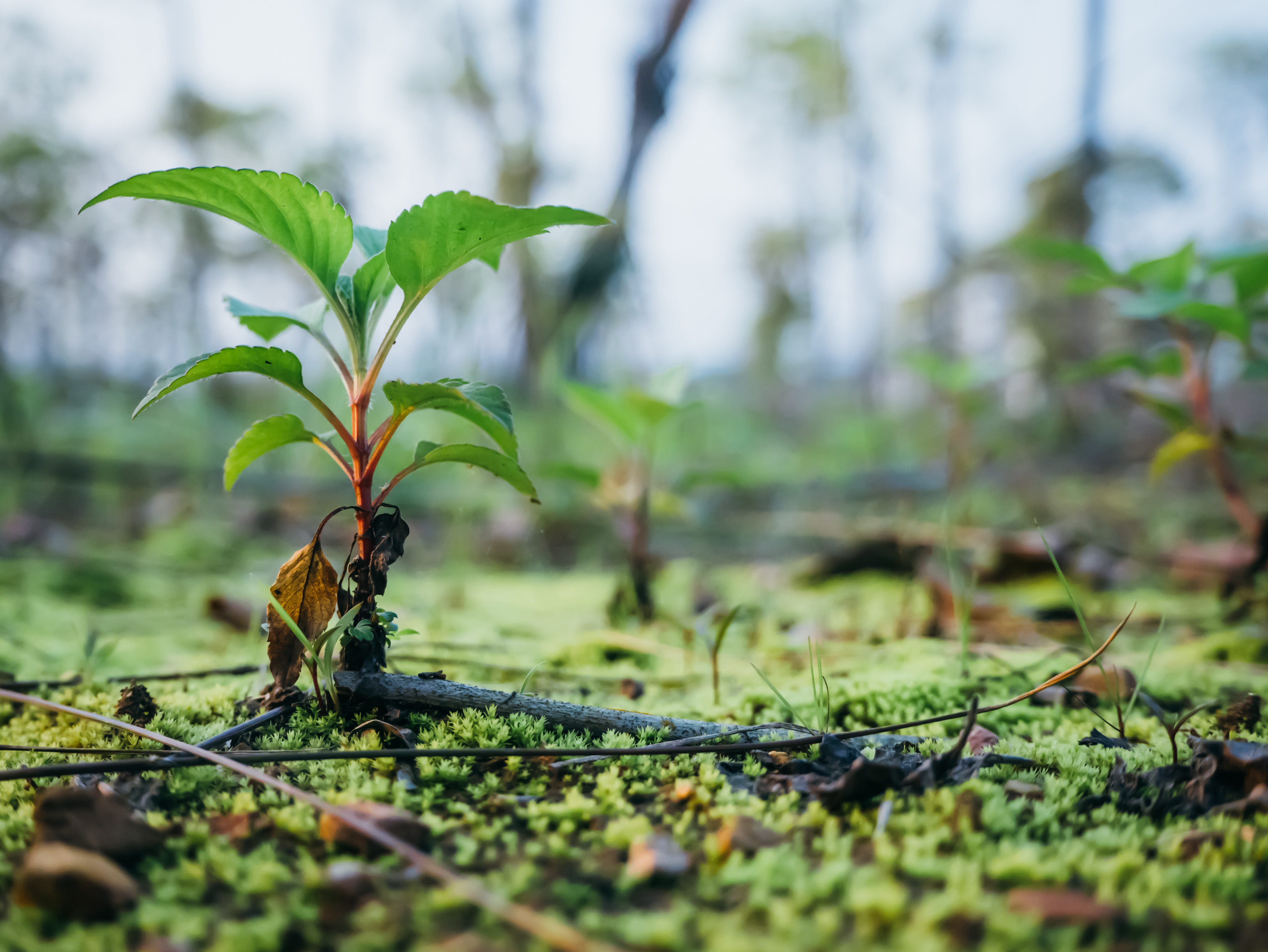
With the brilliant idea of “upcycling bread into beer”, BOB echoes with the Sustainable Development Goals proposed by the United Nations Environment Programme (UNEP) by incorporating waste reduction and circular economy into people’s daily routine. The innovative products invite consumers to play a part in resource conservation and the endeavor to achieve the Paris Agreement goal of limiting global warming to 1.5 °C.
For every 6 bottles of BOB sold, Maxim’s Group will sponsor social enterprise EcoMatcher in helping tree farmers to plant one tree in Asia. The growth of these trees can be observed on corresponding website and smartphone application. In this sense, each BOB purchase is contributing to tree farmers and their communities.
Innovative ideas and practices of sustainable development are ingrained in every facet of life. Enterprises, start-ups and consumers should work hand in hand to create greener consumption habits that benefit our communities, the environment and the earth, and that is exactly what BOB does—it brings together different stakeholders with the common pursuit of a brighter future.
[Note 1]: EPD’s Food Waste Challenge https://www.epd.gov.hk/epd/tc_chi/environmentinhk/waste/prob_solutions/food_waste_challenge.html
Hong Kong Solid Waste Monitoring Report 2020 Statistics https://www.wastereduction.gov.hk/sites/default/files/msw2020tc.pdf
[Note 2]: UNEP Bread to beer: an unlikely sandwich cast-off https://www.unep.org/news-and-stories/story/bread-beer-unlikely-sandwich-cast
More information: https://www.maxims.com.hk/bob.html



